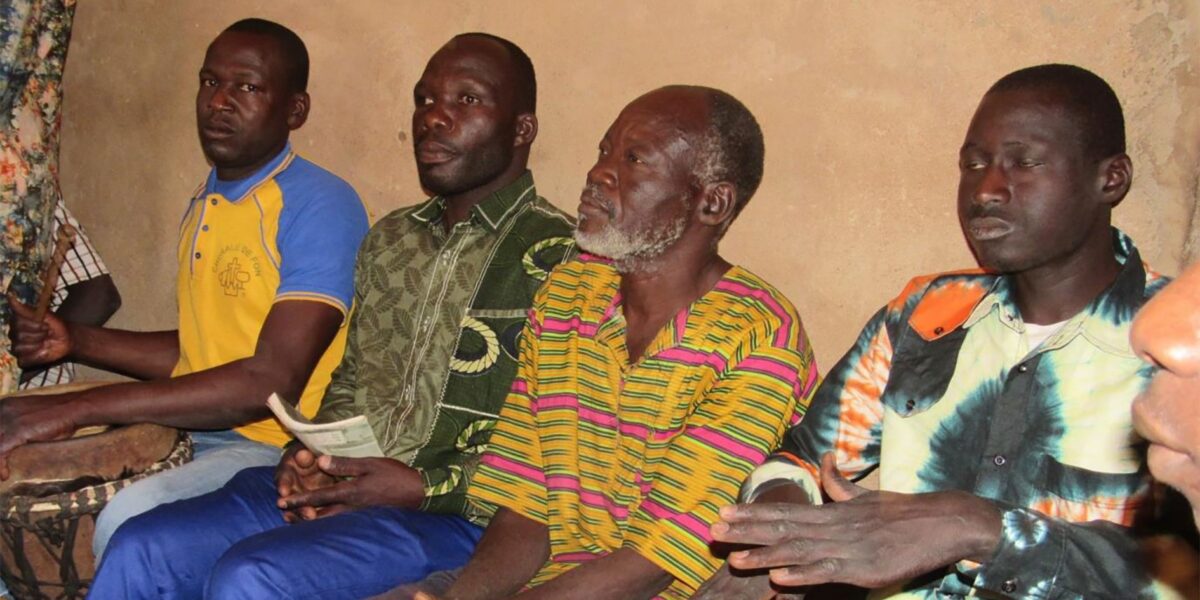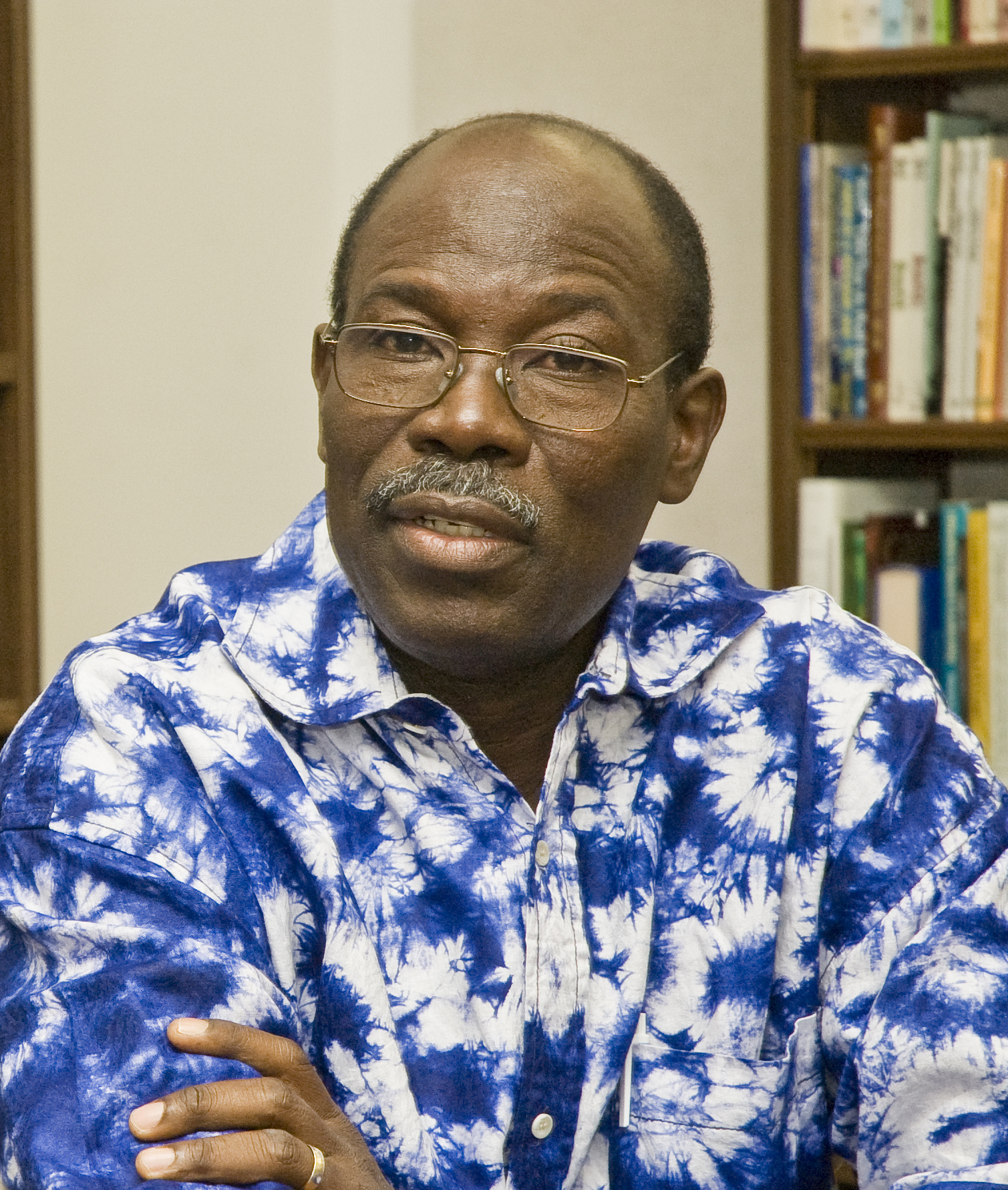In 2015, Mennonites in Burkina Faso risked their livelihoods to remain faithful to Jesus. Now, nearly a decade later, they have found some favor with the village chief.
Land in Sidi belongs to the community, rather than individuals, and is managed by a group of village leaders, who parcel it out to families for agricultural use. This ensures that everyone has enough land to grow the food necessary to feed their families. In exchange for cultivating land, village residents are expected to provide a living chicken and four liters of dolo, a locally made millet beer, to the land chiefs, who then, use these items to make sacrifices to the spirits of the land.
In 1998, Seydou Sanogo became the first Christian resident of Sidi. After an evangelistic campaign in 2011, a Mennonite congregation connected to Eglise Evangélique du Burkina Faso (Evangelical Mennonite Church of Burkina Faso) began to form. Initially, Sanogo and other Christians complied with the requests of the village leaders in Sidi regarding land use. However, during the next four years, the Mennonite community deepened their faith through Bible study and a sense of unease developed.
In 2015, they discerned that, even though they weren’t physically present when the sacrifices were performed, they were still indirectly participating in the worship of other gods. So they stopped bringing the chickens and dolo to the village leaders. Yet, to show respect for their community leaders, they proposed that they could provide an alternative thank-you gift comprised of money and produce from their farms.
The village leaders considered this break with tradition as an act of disobedience, and conflict ensued, but the Mennonites remained faithful. At harvest time, they were inspired with a way they could return good for evil. They offered to help the land chief harvest his cotton crop. This demonstration of love and humility broke through the hostility, and the tension between the Mennonites and the land chief diminished.
Though the intimidation has persisted into the present, the Mennonites continue to gather in the village praising, worshipping and listening to God. They follow the example of the first believers in Acts 4:18-20 (NIV), "Then, [the religious authorities] … commanded them not to speak or teach at all in the name of Jesus. But Peter and John replied, ‘Which is right in God’s eyes: to listen to you, or to him? You be the judges! As for us, we cannot help speaking about what we have seen and heard.’"
Sunday, Jan. 14, nearly a decade after the initial conflict, my wife, Claire, and I discreetly visited Sidi. We didn’t want to stir up tensions. We found the Mennonites still meeting regularly for worship in the building that the land chief had threatened to destroy.
But just as Claire and I were about to start the journey home, the church members said that we couldn’t leave without greeting the village chief. The Sidi pastor and two others accompanied Claire and me to the village chief’s home. The chief received us warmly and acknowledged that "Protestants" are part of the population of his territorial jurisdiction. He spoke of the national violence in Burkina Faso and encouraged each religious group to play its part in restoring peace. Before I left the chief, I promised to come back and visit him. His reply was that I would be welcomed.
I share this news to say thank you to all those who have never stopped praying for all the Christians of Sidi, as well as for all their neighbors. In 2015, at the beginning of the conflict, the Mennonites of Sidi prayed that those who were persecuting them would become servants of God.
Let’s keep on praying.








